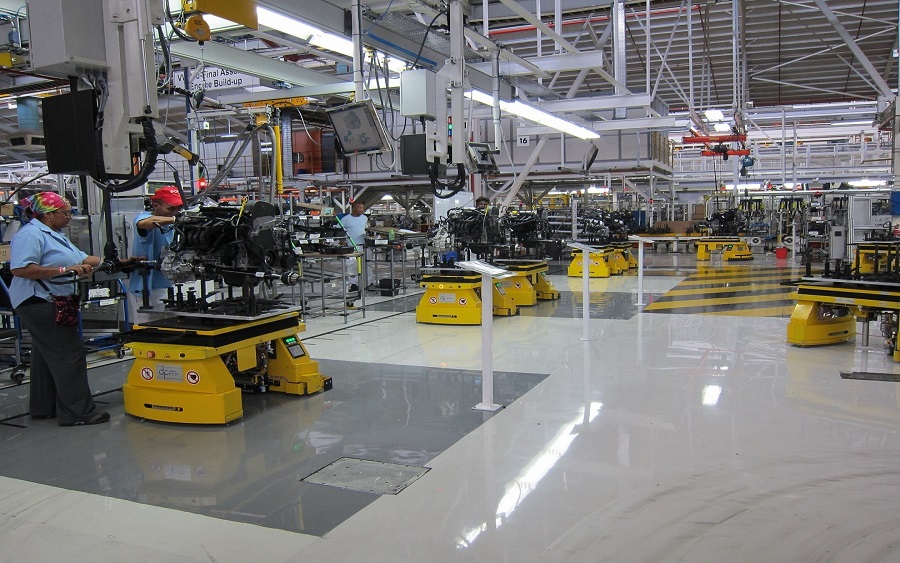It is no longer news that Nigeria’s manufacturing sector contracted by 8.78% in the second quarter in real terms. This is a major decline when compared with a marginal growth of 0.43% reported in Q1 2020, and a contraction of 0.13 reported in the corresponding quarter of 2019.
According to the National Bureau of Statistics, only two sub-sectors in the manufacturing space – chemical & pharmaceutical products and motor vehicles & assembling, reported real growths of 3.79% and 6.95%, respectively. This is higher than the real growths of 0.58% and 1.04% in the first quarter, and a contraction of 1.27% and 1.5% in the corresponding quarter of 2019.
The other 11 sub-sectors in the manufacturing space all contracted.
READ: Manufacturing PMI dips further as recession scare looms
Among the sectors that contracted were eight subsectors that reported double digits contraction, with oil refining activities contracting the most by 67.6%, extending the streak of contraction by six quarters. It should be noted that the last time the sub-sector reported a major expansion was during the fourth quarter of 2018 (33.6%).
The contraction in the activities of these subsectors is attributable to global & domestic supply chain disruptions, foreign exchange illiquidity, weak consumer spending, and high operating costs. Subdued operations caused by the lockdown and other containment measures to combat the pandemic also affected manufacturing activities.
READ: Manufacturing PMI slide into recession territory
The contraction in the manufacturing sector during the second quarter is consistent with analysts’ expectations, at least based on the CBN’s recent Manufacturing PMI reports. These reports signalled the contraction of the manufacturing sector in the second quarter, with the Manufacturing PMI for May and June standing at 42.4 and 41.1; well below the benchmark index of 50%.
Expert’s perspective
The Director-General of Lagos Chamber of Commerce and industry, Dr Amuda Yusuf, maintained a cautious stance on the economy. He said that “although there has been a gradual reopening of the economy, business and commercial activities would remain subdued”.
He emphasized that with the protraction of the COVID-19 pandemic and lack of a vaccine, there is a high possibility that the economy would contract, though marginally, in the third quarter.
READ: Manufacturing sector in Nigeria and the reality of a “new normal”
The DG of LCCI further raised concerns about how the manufacturing sector has been struggling before the pandemic, despite being one of the biggest beneficiaries of CBN’s loan-to-deposit policy.
He explained that the weakness of the manufacturing sector was due to global & domestic supply chain disruptions, foreign exchange illiquidity, weak consumer spending and high operating costs.
In his statement, he called for the removal of the structural bottlenecks to productivity through a mix of fiscal, monetary and regulatory measures.
He counselled that, a proper blend of fiscal and monetary policies, with proper implementation of the sustainability plan among other measures, would give the economy a boost in the near term.











